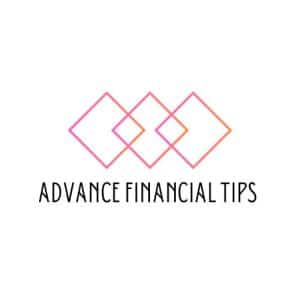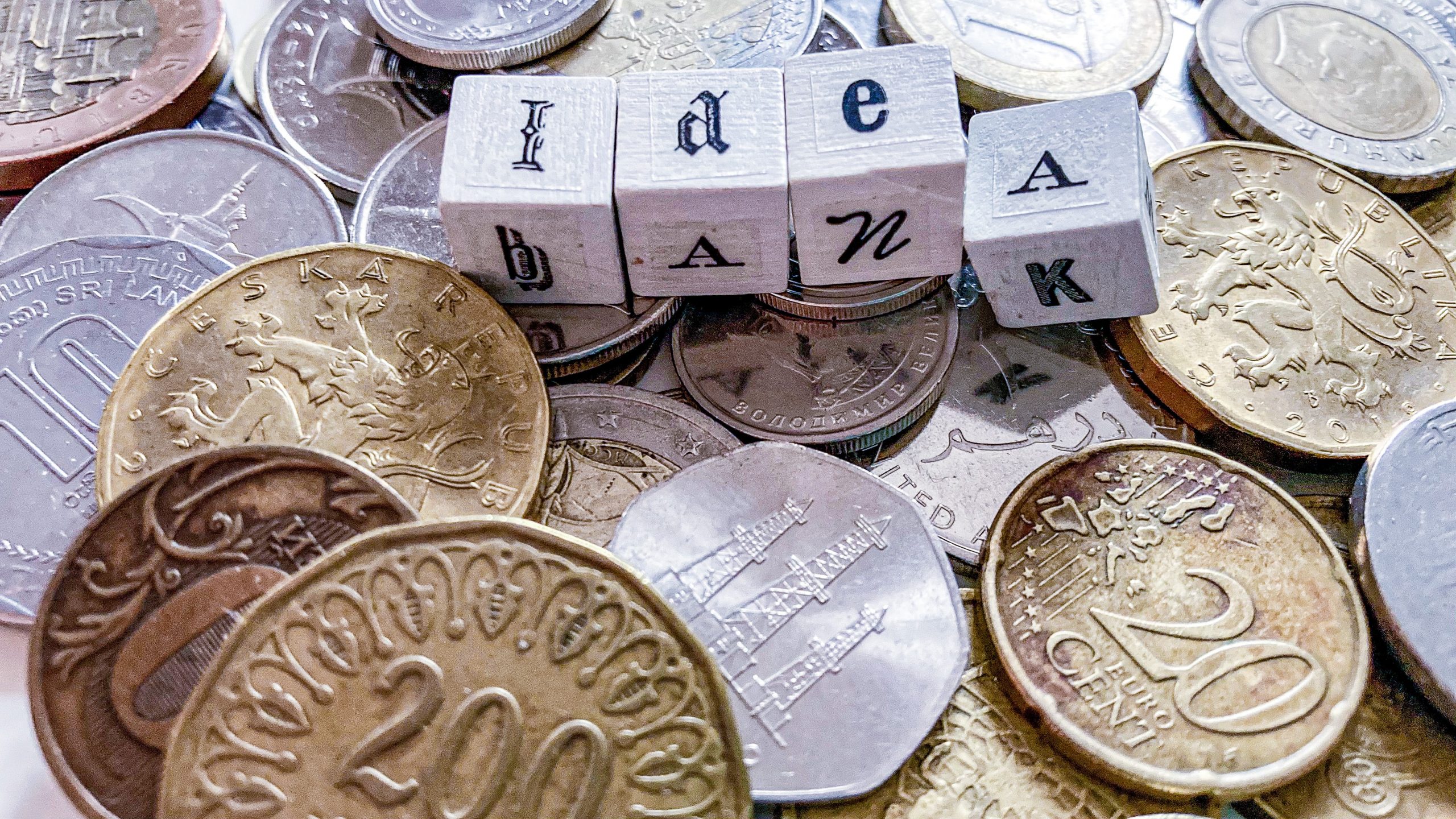Platinum mining stocks are all the rage right now, and for good reason! If you’ve already invested in gold and silver, it’s not a bad idea to diversify your holdings by adding some nickel to the mix as well. But what about an ETF that specializes in nickel? Should you buy it, or is it just another way for Wall Street to scam investors out of their hard-earned money? Let’s take a look at the pros and cons of investing in a nickel ETF before you make your decision.
How Does An ETN Work?
It can be confusing to figure out how an exchange-traded note (ETN) works. An ETN is similar to a closed-end fund, which is similar to an exchange-traded fund (ETF). However, while an ETF trades on an exchange like stocks, ETNs are unsecured debt instruments that trade over-the-counter as shares. All three vehicles own assets or represent pieces of ownership stakes in assets; however, they are structured differently and have different risks. The main difference between an ETN and an ETF is that with an ETF, you actually hold a stake in the underlying asset—you own part of it. With an ETN, you don’t actually hold any underlying assets; rather, you’re just holding a piece of paper saying you’re owed money if certain conditions are met. For example, there’s no gold behind your GLD ETF share—you just have a claim against someone who bought gold at one point and then sold it to create GLD shares.

What Determines The Price Of An ETN?
Just like with any other commodity, there are many factors that can affect how much it costs to invest in a nickel etf. The price of raw materials is a big factor as, obviously, it costs money to mine for something. Another important aspect is market demand. If more people want to buy than sell (or vice versa), there will be more buyers or sellers and that means higher prices for everyone involved. At any given time, you could use your analysis skills to figure out what is going on in the market so you can make informed decisions about whether or not investing in such ETNs would be good idea at that particular time. To help get you started, here are some common ways investors determine value Supply/Demand: How much supply does the market have versus how much demand? This one is pretty self-explanatory but still very important. Supply: How much of a certain commodity exists? Demand: How badly do people want it? Are they willing to pay extra for it? What else might they use instead? Trends: Where has supply been trending over time? Where has demand been trending over time? Prices tend to follow trends, so if you see a trend beginning to form, consider making an investment before others catch on and drive up prices even further. If you’re interested in learning more about how markets work, look into macroeconomics—it’s fascinating stuff!
How Much Money Can You Make With An ETN?
An exchange-traded note (ETN) is an unsecured debt obligation issued by banks that gives investors exposure to commodity prices. As such, it differs from a physically backed security like an ETF or futures contract because investors are exposed to credit risk as well as interest rate risk. All things being equal, if an ETN’s issuer goes bust, you won’t get your money back. That makes them risky investments—but how risky? Let’s take a look at nickel ETNs… Why You Should Be Wary of Commodity ETNs: If we learned anything from 2008’s financial crisis, it’s that buying securities based on what seems like solid fundamentals can lead to disaster. Consider gold-backed notes sold through bank EFTs, which promised solid returns but ended up leaving investors out in the cold when those institutions went under. The good news is nickel isn’t quite so opaque: while there aren’t any big mines devoted exclusively to producing it (the U.S., China and Russia produce most of their own), there’s no shortage of publicly traded companies mining for nickels around the world.

When Is The Best Time To Buy or Sell Nickel ETF?
If you’re new to investing, it can be difficult to know when’s best to buy or sell. This is because we often lack full knowledge about something—maybe how a company operates, whether a certain product will actually take off, or even just what normal prices are for everyday items. In these cases, your gut instinct (i.e., which comes from intuition) may lead you astray. The solution? One possible solution is using an investment strategy called dollar-cost averaging. This means that instead of buying all at once, you invest a fixed amount over time. For example, if you have $500 that you want to invest in a stock fund, one month you might invest $100; another month $200; another month $300; etc. The idea behind dollar-cost averaging is that if there’s volatility in the market (meaning it goes up and down), then by spreading out your investments over time, when prices are low, more shares will be purchased at lower prices than if they were purchased all at once at higher prices. When there’s less volatility, fewer shares will be purchased at any given time but overall there’ll still be an average cost per share that’s lower than had they been bought all at once.
Why Are People Hesitant About Buying ETNs?
An ETN, or exchange-traded note, is another way for investors to invest in commodities. ETNs work similarly to exchange-traded funds (ETFs) except that they are debt instruments issued by banks that are backed by their collateral—which usually isn’t physical like it is with an ETF. As such, when demand is higher than supply, prices tend to rise since not everyone who wants to buy shares can do so (just like with any other product). The same happens when supply outstrips demand; prices fall until more investors want to buy than sell. Still confused? That’s OK—explanations are at the bottom of this post. But if you’re still skeptical about buying ETNs, you’re not alone. They don’t trade on exchanges like stocks do, so many people aren’t sure how they work. And unlike an ETF where you have direct access to holdings through its shares, ETN holders have no rights to those assets and don’t even know what securities make up their investment—only what percentage it holds relative to others. Because of these issues as well as many others surrounding them, some investors simply choose not to invest in them. But before you decide against investing in an ETN because of your own concerns or those mentioned above, keep reading… there’s more you should know before making your decision!
Is There Any Risk Involved In A Nickel ETF?
When you invest your money in an ETF, you’re buying into a pool that spreads your money across numerous assets. So if one asset performs poorly, chances are another will perform well enough to balance it out. That said, it’s important to understand that there is always some risk involved when investing. In fact, some investment vehicles may be more risky than others. For example, if you were thinking about investing in an iron ore ETF (which may go up if iron prices rise), there could be political factors or environmental issues—such as regulatory red tape—that could reduce returns on that investment. The bottom line: do your research before putting your money into any investment vehicle. It’s better to be safe than sorry.
Why Do Some Investors Choose ETNs Over ETFs?
Many investors prefer to trade exchange-traded notes (ETNs) over their more traditional cousins: exchange-traded funds (ETFs). An ETN is essentially an unsecured debt obligation issued by an institution like a bank or brokerage. As such, it’s subject to credit risk, meaning that while your investment will rise or fall with its underlying benchmark, it can still lose money if the issuer becomes insolvent. The same cannot be said for ETFs. In fact, all major exchanges require that every component of an index fund hold assets equal to at least 100% of its value. If they don’t, they have to buy them back until they do. This process is called creation/redemption and ensures that no investor ever loses money on an ETF. For most investors, then, there are only two reasons why you’d choose an ETN over an ETF: cost or convenience. ETNs tend to carry lower expense ratios than ETFs because issuers don’t have to pay asset managers, but they also come with certain risks that make some people uncomfortable. And finally, even though they’re just as easy to purchase as any other security through your broker, many people just find ETNs less convenient than trading stocks directly because each one is structured differently. But since most indexes consist of stocks from multiple sectors anyway, choosing an ETN doesn’t necessarily mean sacrificing diversification for convenience. It just means buying fewer securities at once. There’s nothing wrong with either choice; both types of products are widely available and allow investors to take advantage of broad market trends without having to worry about how individual companies perform against those trends over time.

Should I Invest In An ETN?
Exchange-traded notes (ETNs) are debt securities issued by banks, which pay interest to investors. Instead of buying shares in an exchange-traded fund (ETF), ETNs track returns on an index or other benchmark. But, because they’re not technically an investment, ETNs come with additional risks. Here are some things you should know before making a decision about whether to invest in one. Why Are They Called ETNs?: ETN stands for exchange-traded note. Like many bank products, it’s called something different than what it actually is—in most cases, a derivative security that trades like an equity. In 2008, Barclays Global Investors changed its name to BlackRock Investment Management and rebranded its line of ETNs as iShares. Most of these instruments still carry their original name as well as their new moniker—making them potentially confusing for retail investors who don’t know what they’re getting into. For example: An investor could buy shares in both XLK and iShares S&P 500 Technology Sector Index Fund without realizing that they represent very different investments.
Conclusion On Nickel ETF
Overall, investing in nickel etf’s can be an incredibly beneficial move for your portfolio. But like any other investment, there are risks involved as well. However, with proper research, it is possible to minimize those risks and make a smart decision when choosing an etf to invest in. Now that you have read all about nickel etf’s, you should have a better idea whether or not they would be right for you. If so, then it is time to begin doing some serious research before putting your money into one or more of these products. So what are you waiting for? Get out there and find yourself a great etf! And don’t forget to check back here from time to time for updates on which etfs might be best suited for you.














[…] The Pros And Cons Of Investing In A Nickel ETF […]